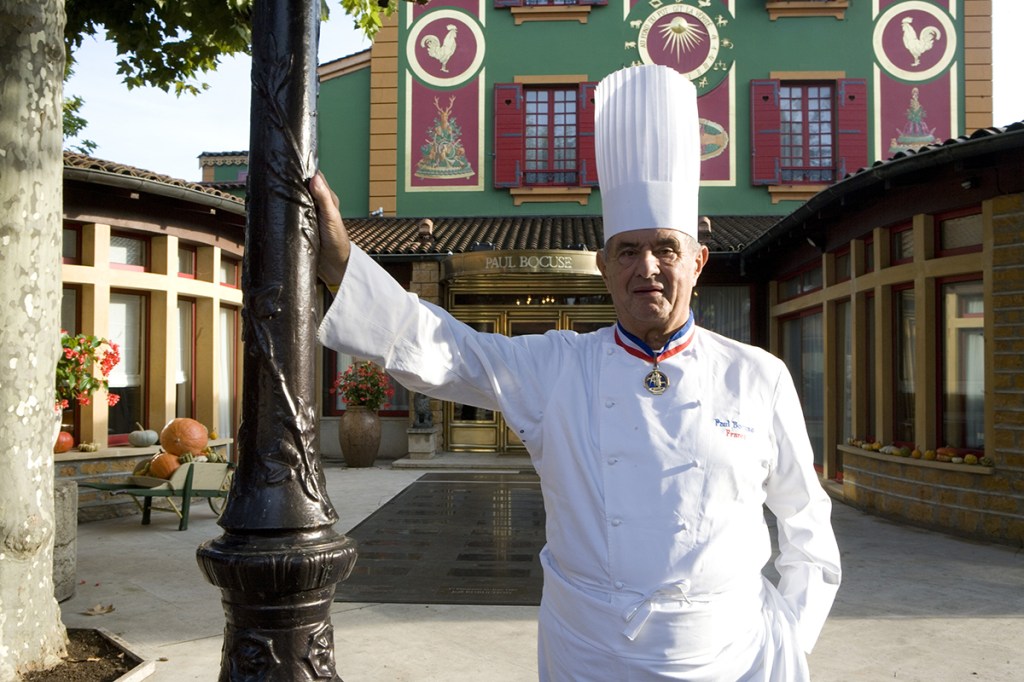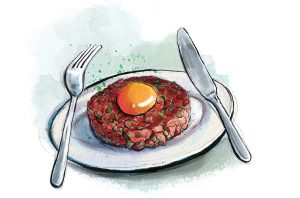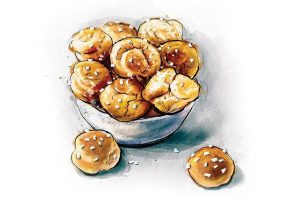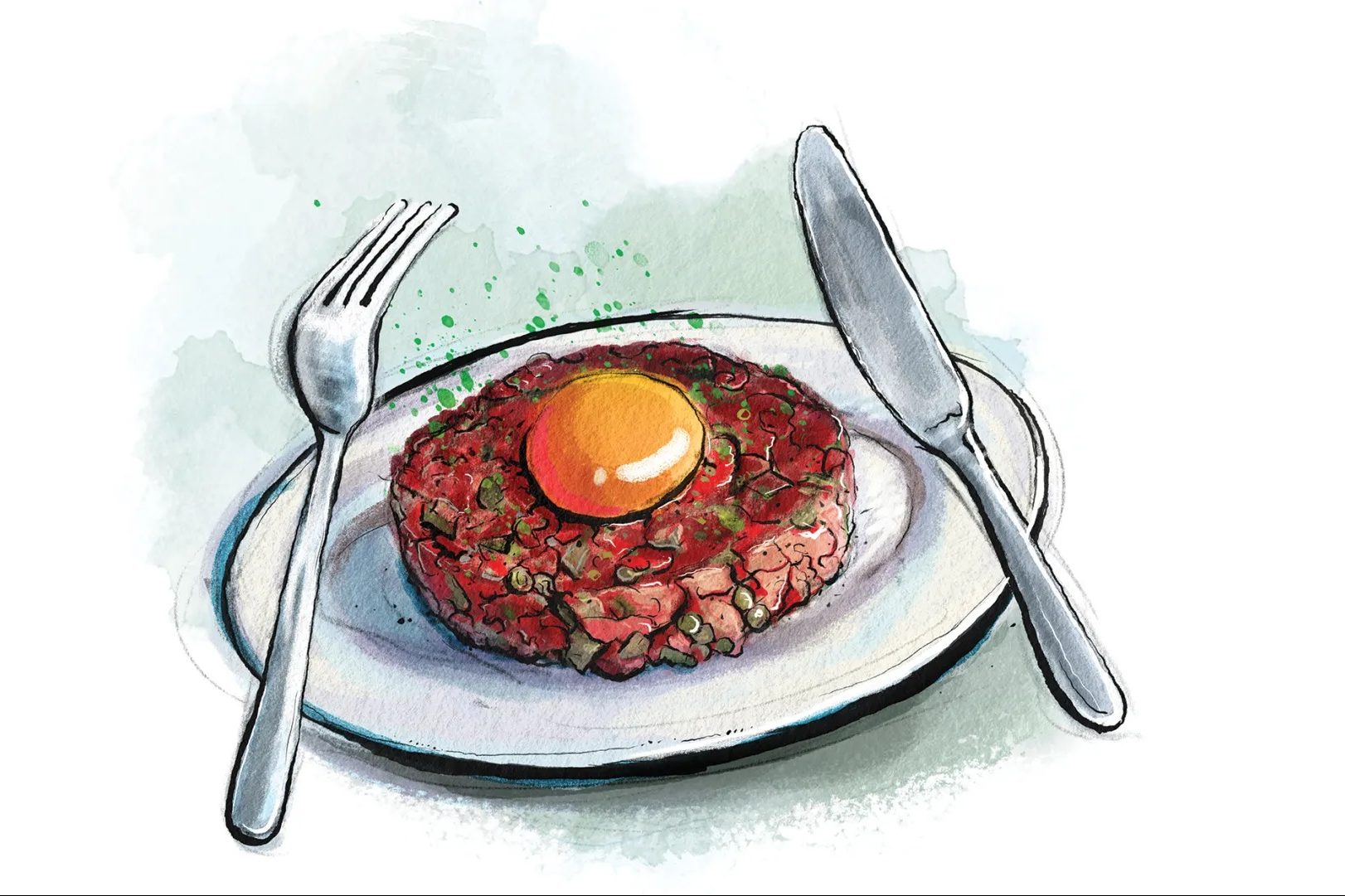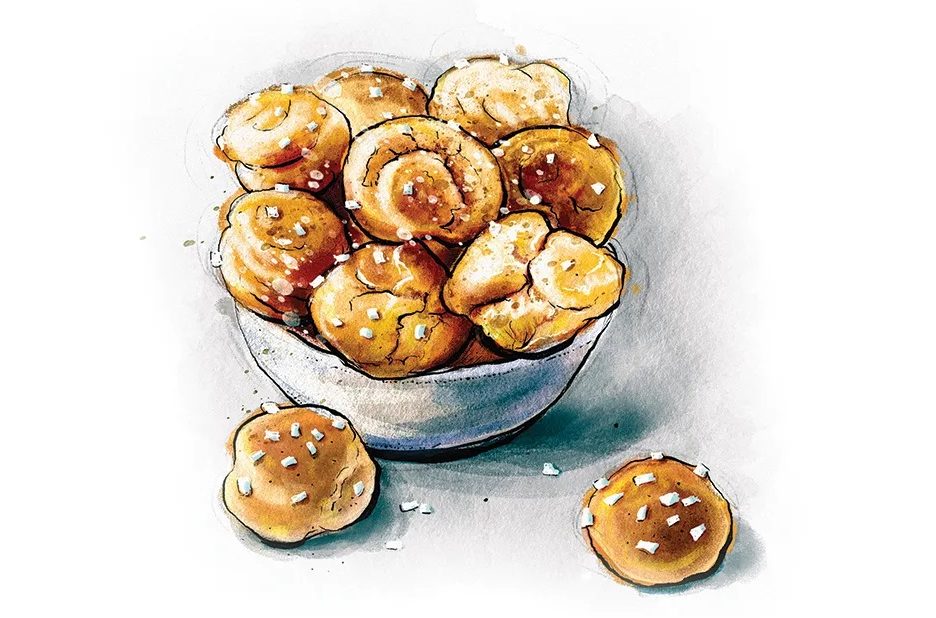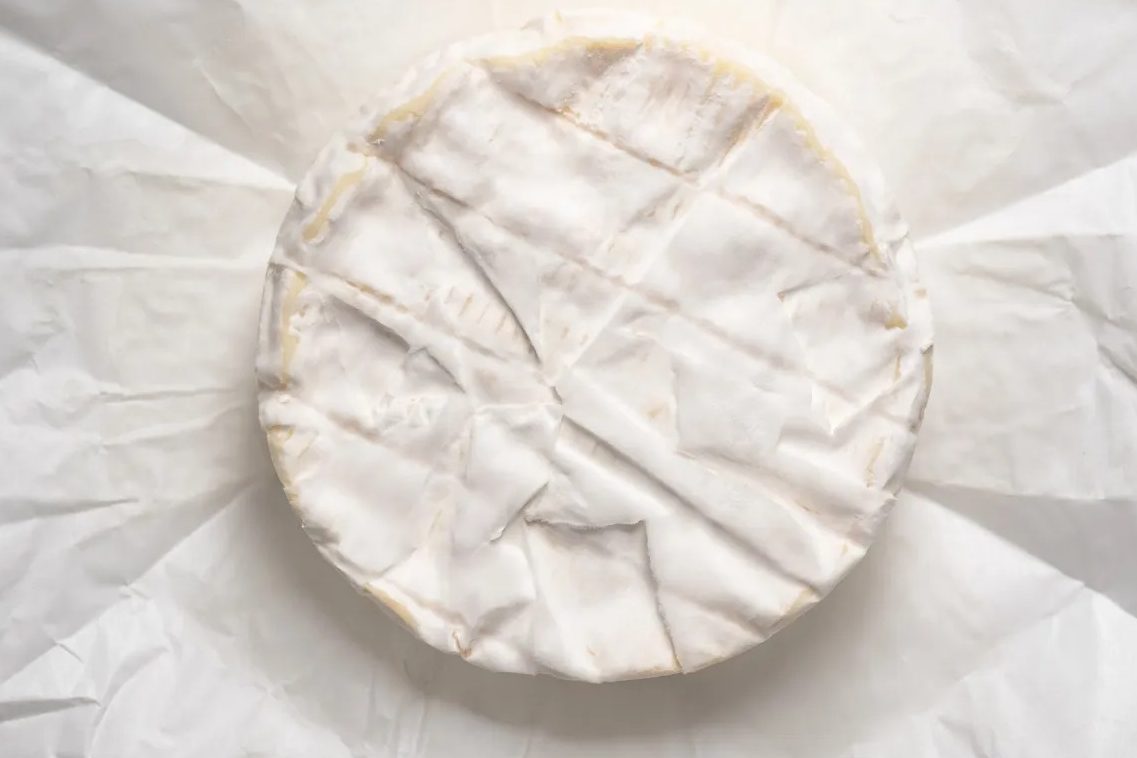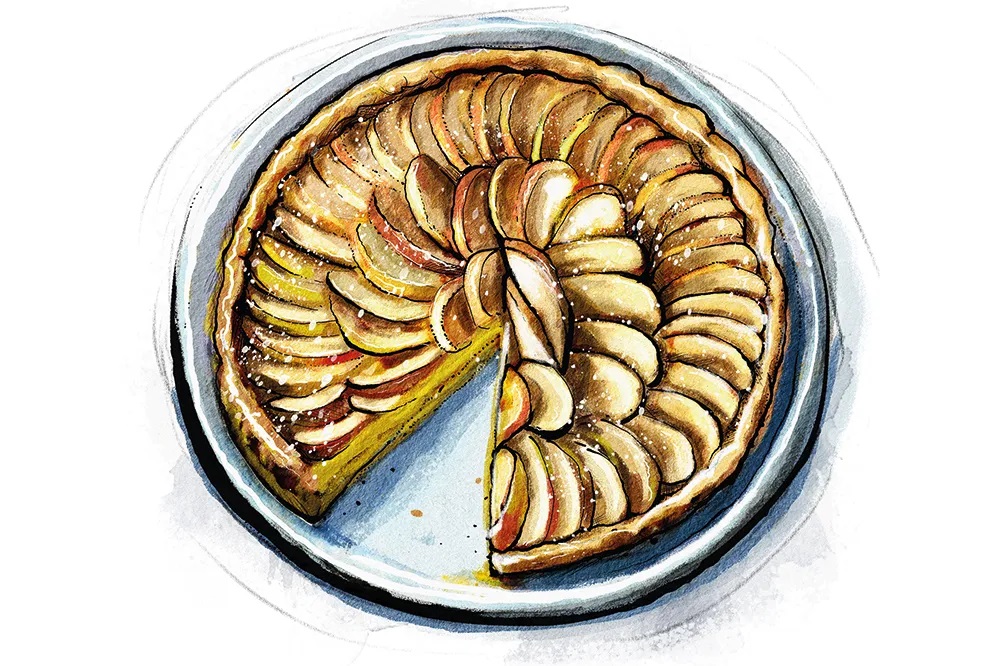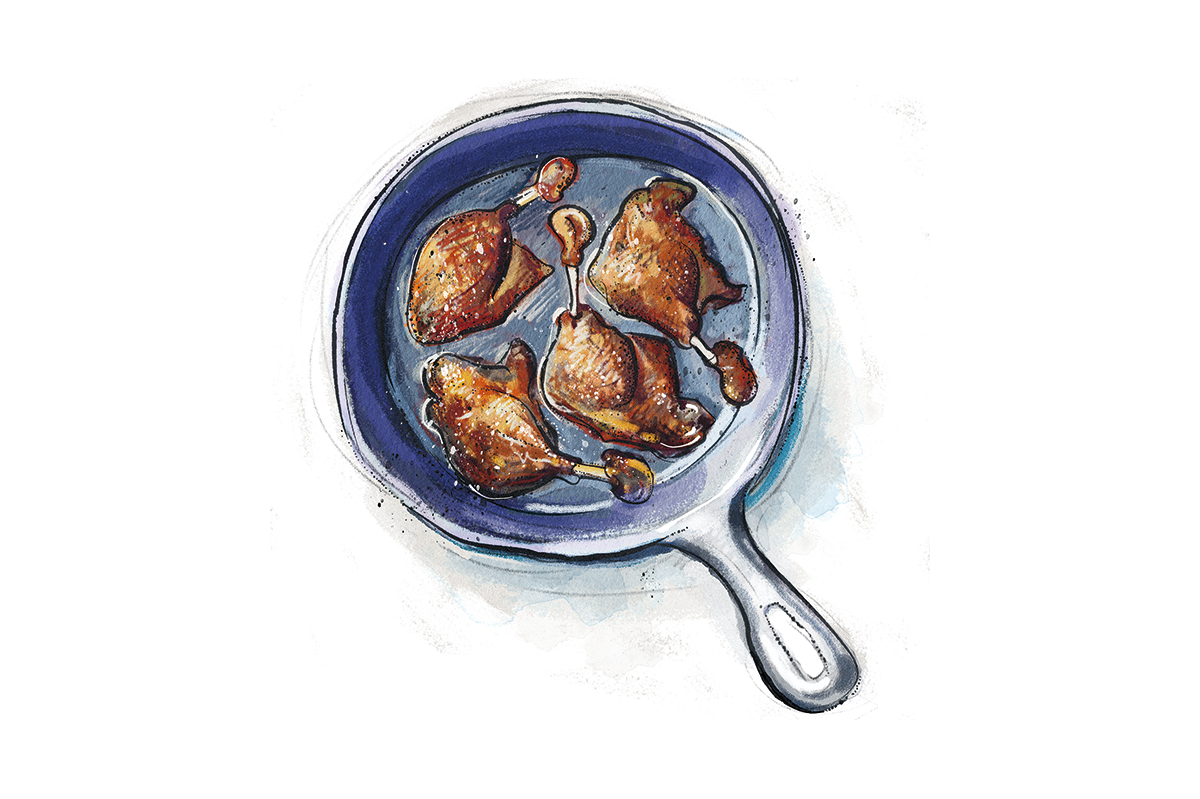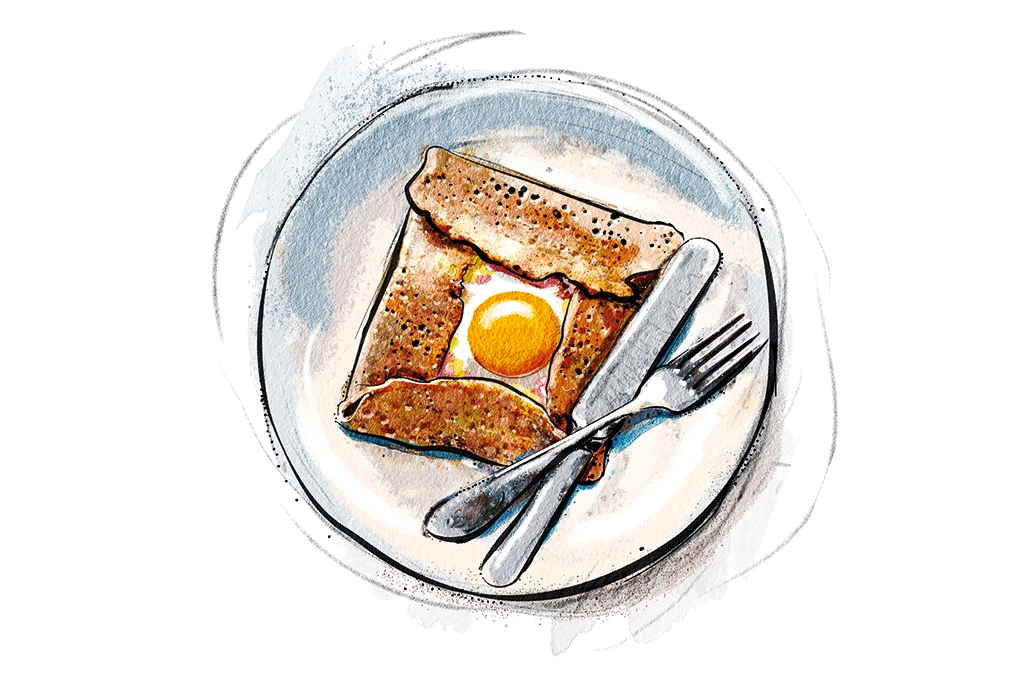The annual publication of the century-old Michelin restaurant guides creates an excitement in France akin to the Oscars, but the 2020 Guide Michelin is provoking dyspepsia. This is the first time since 1965 that the restaurant founded by Paul Bocuse — the pope, the Napoleon, of French cuisine — no longer figures among the 27-strong group of French restaurants receiving the ultimate culinary accolade: three-star status. Two years after the maestro’s death, the black truffle soup and volaille de Bresse en vessie Mère Fillioux no longer seduce Michelin inspectors. What Bocuse called la sainte trilogie, butter, cream, wine, has lost its infallibility. And Monsieur Paul is not the first to go. There’s a silent and pernicious revolution taking place in French cuisine, its savoir manger and ‘art of the table’.
A number of great chefs from the old stable, names like Marc Veyrat or Marc Haeberlin, have also been sacrificed on the altar of Michelin’s newfound idols. The insurgents are adept at stirring emotions and springing surprises with ‘local’ and ‘organic’ aromatic plants, flowers and citruses. Apart from dumping some of France’s gastronomic greats, the venerable guide has gone woke by adding a new, oxymoronic category of ‘sustainable gastronomy’ (gastronomie durable), marked by a green leaf pictogram. The three-star restaurant of the Plaza Athénée hotel prepares its set menu (only €390) using renewable energy.
Many gourmets are saddened and shocked at these defenestrations. Even President Macron could not help but spare a ‘thought for Monsieur Paul’. But the problem goes far deeper than merely the changes in the world’s oldest food guide.
Nobody would deny that culinary tastes and dishes evolve. In the 1970s, the bible of French haute cuisine, the Michelin Red Guide, was confronted by an arriviste rival, the Gault & Millau, which scandalized the gourmet establishment with its emphasis on ‘revolutionary’ nouvelle cuisine. But today’s revolution is more subversive. It attacks not only what is on the plate, but indirectly also the famous conviviality of the French at table.
The modish trend for the organic, the vegetarian or vegan, the gluten- and lactose-free is undermining the spontaneity and bonhomie of a good French meal. The gregarious informality of rustic lunches à la bonne franquette and dinner parties with copains — quintessential aspects of Frenchness in which sharing and spontaneity reign — is being sacrificed to individual taste and the planning required by personal and ethical requirements. Disappearing, too, is the formule, the quick and economical set menu of the friendly local bistrot, because catering to all preferences inflates menus to the size of the menu à la carte of the grand restaurant.
Earlier this year, a debate on the highbrow French radio channel France Culture asked whether we are free any longer to eat what we like. Citing a recent study showing that pleasure is still the primary criterion whereby the French choose what to eat, the program pointed out that this gratification is under attack from ‘injunctions’ pronounced by ‘food tribes’, the progressive individualization of food customs and a new guilt generated by moral food censors.
France was the first country to have its gastronomy consecrated by Unesco. French cuisine, Unesco concluded, merited heritage status for ‘a social custom aimed at celebrating the most important moments in the lives of individuals and groups’. Yet less than a decade later, a new form of culinary narcissism is undermining its very foundations. At stake is not only the pleasure of eating, but also the social bonding that accompanies it. Consequently, as food choices are increasingly fractured by the ‘food sects’, the very basis of the French model of eating founded on sharing pleasure from the same dish — and then talking about it afterwards — is undermined.
In the old France, your politics were on your plate. While the socialist president François Mitterrand sat down for his favorite dish of ortolans (a protected species of tiny songbird), his center-right Gaullist successor Jacques Chirac tucked into his treasured tête de veau ravigote (calf’s head in a highly seasoned sauce).
Everyone understood who was the true man of the people. But today it is individual virtue that is signaled from your plate. The identity politics of food is undermining the democracy of the dinner table.



